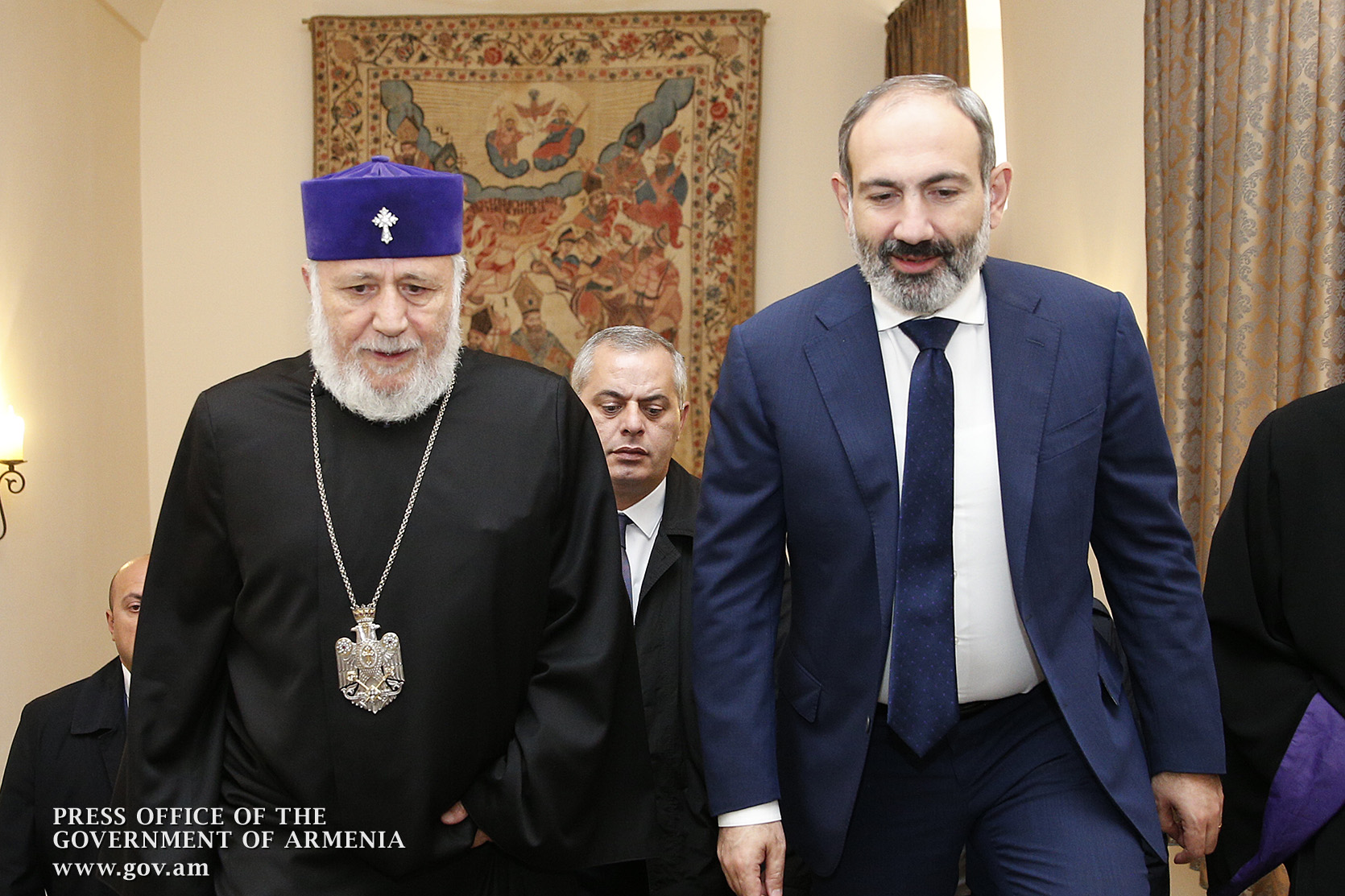
US State Department delivers report on religious freedom in Armenia
The U.S. Department of State has published the 2023 International Religious Freedom report, where a mention of Armenia has also been made. As noted, under the Armenian Constitution, everyone has freedom of thought, conscience, and religion. It recognizes the Armenian Apostolic Church (AAC) as the national church and preserver of national identity but also establishes separation of religious organizations and the state.
The law prohibits but does not define proselytism. It prohibits “obstruction of the right to exercise freedom of religion” as well as hate speech or inciting violence against an individual or group based on religion; punishments include fines, community service, and imprisonment.
Despite suspending the trial of Yezidi human rights activist Sashik Sultanyan in 2022, the government continued to press charges of “inciting enmity” against him and his arrest warrant remained active.
During the 2023 school year, authorities began to gradually remove the course on the history of the AAC from the mandatory school curriculum, instead incorporating the relevant historical content in the broader curriculum on Armenian studies despite the AAC’s objections.
In October and November, unknown individuals vandalized the only Jewish synagogue in Yerevan; the government continued to investigate possible foreign involvement in the incidents.
According to religious experts, while mainstream media was mostly neutral or less discriminatory towards religious organizations during the year, social media and tabloid press continued to publish pieces that religious groups described as hate speech. According to some Jewish community representatives, antisemitic conspiracy theories spread online in connection with Azerbaijan’s September 19-20 military operation in Artsakh during which Azerbaijan used Israeli weapons. As noted, some AAC clergy members reportedly continued to distribute social media videos and gave interviews in which they called religious minority groups “sects” (i.e., cults) and described them as national security threats.
The ambassador and other embassy officials regularly discussed the state of religious freedom in the country with the AAC as well as minority religious groups to discuss the importance of preserving cultural and religious heritage sites in Artsakh. Embassy officials discussed with civil society representatives the impact of the Artsakh conflict on religious groups and religious sites that were significant to Armenian communities.


